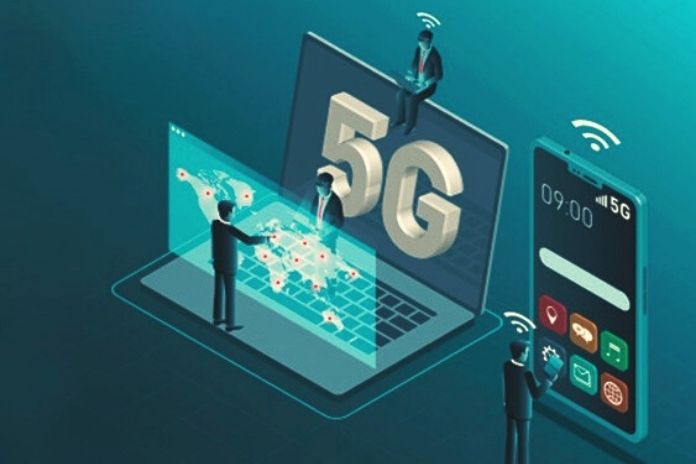The post-Covid recovery is leading to a transformation in the world of employment. The future will be marked by flexibility and hybrid work. As agile environments and the importance of knowledge-based work increase, the correlation between productivity and working hours will no longer hold. The new labour relations framework must guarantee the inclusion and development of talent and those flexibility mechanisms that guarantee the productivity and competitiveness of organisations.
In this scenario, the pandemic has not paralyzed the technological transformation, and the world of work is already preparing for these changes. And nothing will be similar to telecommuting during confinement, staggered arrivals at the office, shifts for the company canteen, or smartphones overloaded with emails, WhatsApp, or video conferences with colleagues. The magnitude of the disruption expected with the adoption of 5G technology is in no way comparable to the temporary solutions introduced during the Covid-19 emergency.
With the development of new digital infrastructures, the changes will be far-reaching, impacting our behaviour and heralding a new model of labour relations.
5G Technology And Employment
Some of these innovations are already commonplace and are driving digital transformation: broadband, cloud computing, mobile infrastructures, and the like are part of a revolutionising every aspect of our working lives.
Increasing digitization will not only dismantle paper-based bureaucracy, but it will also streamline the relationship between public and private and between companies and the Administration. Regarding productivity, in the context of Industry 4.0 and smart factories, automation and the Internet of Things (IoT) will become a standard that will require new skills, new jobs, and new professionals that can hardly pigeonhole into the binary model of blue or white collars.
This will happen within integrated digital networks where online platforms will mediate the relationships between actors in real-time and with almost no latency. We are talking about speeds that multiply by more than thirty the best features of today and response times of just under a millisecond…
Thanks to smart work and remote connection systems, we are facing a new model of productivity and efficiency where the workplace and the tasks performed will not necessarily coincide. Imagine holographic calls through virtual or augmented reality headsets that allow people to meet in virtual spaces (such as trade shows, press conferences, and corporate meetings) inhabited by avatars.
5G Challenges
However, these enormous, almost science-fictional capabilities are not without risk. As digital infrastructures become enablers of innovation, cybersecurity will need to safeguard our communications, purchases, games, and of course, our work.
Some voices warn about the need to provide certainty and security about how this technology will be managed from the perspective of occupational health: the 5G signal is still non-ionizing radiation, but 5G networks will require the deployment of a larger network of antennas to transport the signals, and for now, experts do not seem to agree on its consideration as a risk.
But in the post-Covid era, 5G networks will allow the interconnection of multiple wearables for working people to control work processes and prevention and protection systems, all in real-time. We will assist in a dynamic and personalised prevention in quasi-predictive occupational health that reduces accidents and illnesses in the workplace.
However, the changes brought about by 5G technology go far beyond technology. There will also be repercussions on labour relations. As 5G enables a new model for producing goods and services and a new relationship between workers and employers, workers with the ability to manage that complexity will be needed. Considering this, future employment contracts should already include clauses for training that guarantee that workers have the necessary skills and knowledge.
Data Protection
To conclude, we cannot ignore the aspects of data protection that the implementation of 5G technology will bring to Labour Relations: after the implementation of the G.D.P.R. and the new Organic Law on Data Protection and Guarantee of Digital Rights, it seems necessary to adapt the regulations to establish adequate guarantees for the treatment of new traffic information and, above all, concerning its conservation.
ALSO READ: Increased Productivity And Teleworking In The Post-Covid Era

